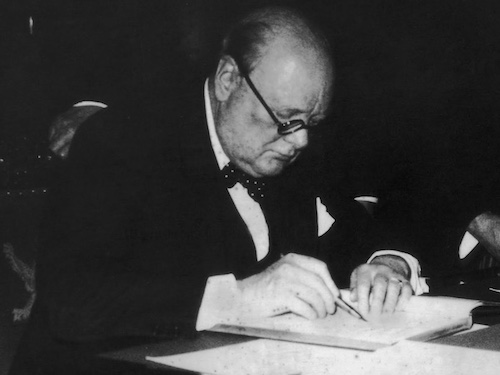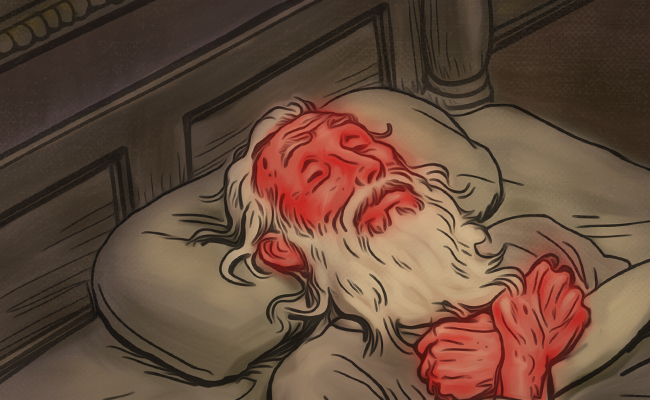
In a classic experiment conducted by the psychologist Solomon Asch, participants were placed in a group, shown a “target” line alongside a set of comparison lines of varying lengths, and asked which was closest in length to the target.
The answer was always obvious, but unbeknownst to the study’s actual participants, they had been placed in a group in which everyone else was an actor/confederate who had been instructed to call out the wrong answer. Asch wanted to see how this peer pressure would affect the answers the real participants would give.
Under these conditions, the participants conformed to the (erroneous) majority view over a third of the time.
While this study is well known, lesser known is the fact that Asch went on to run another variation of it.
In this follow-up study, Asch introduced a “true partner” — a confederate who offered the correct answer — into each group. This time, only five percent of the participants aligned their responses with the majority’s fallacious voice.
When this ally switched sides halfway through the experiment, and started answering in lockstep with the rest of the group, the participants returned to conforming at their previous levels. Asch dubbed this phenomenon the “desertion effect.”
When we decide to deny a truth we once held, it’s easy to think our reversal won’t affect whether or not someone else chooses to follow suit.
It will.
When we find ourselves in a group in which we believe something that others don’t, it’s easy to think it doesn’t matter whether or not we speak up.
It does.
The individual who takes a stand, keeps the faith, and points out inconvenient, unpopular realities, gives others permission to do likewise.
When someone doubtfully asks, “Am I the only one seeing this?”
There’s nothing more strengthening than hearing in response:
“No, I see it too.”







